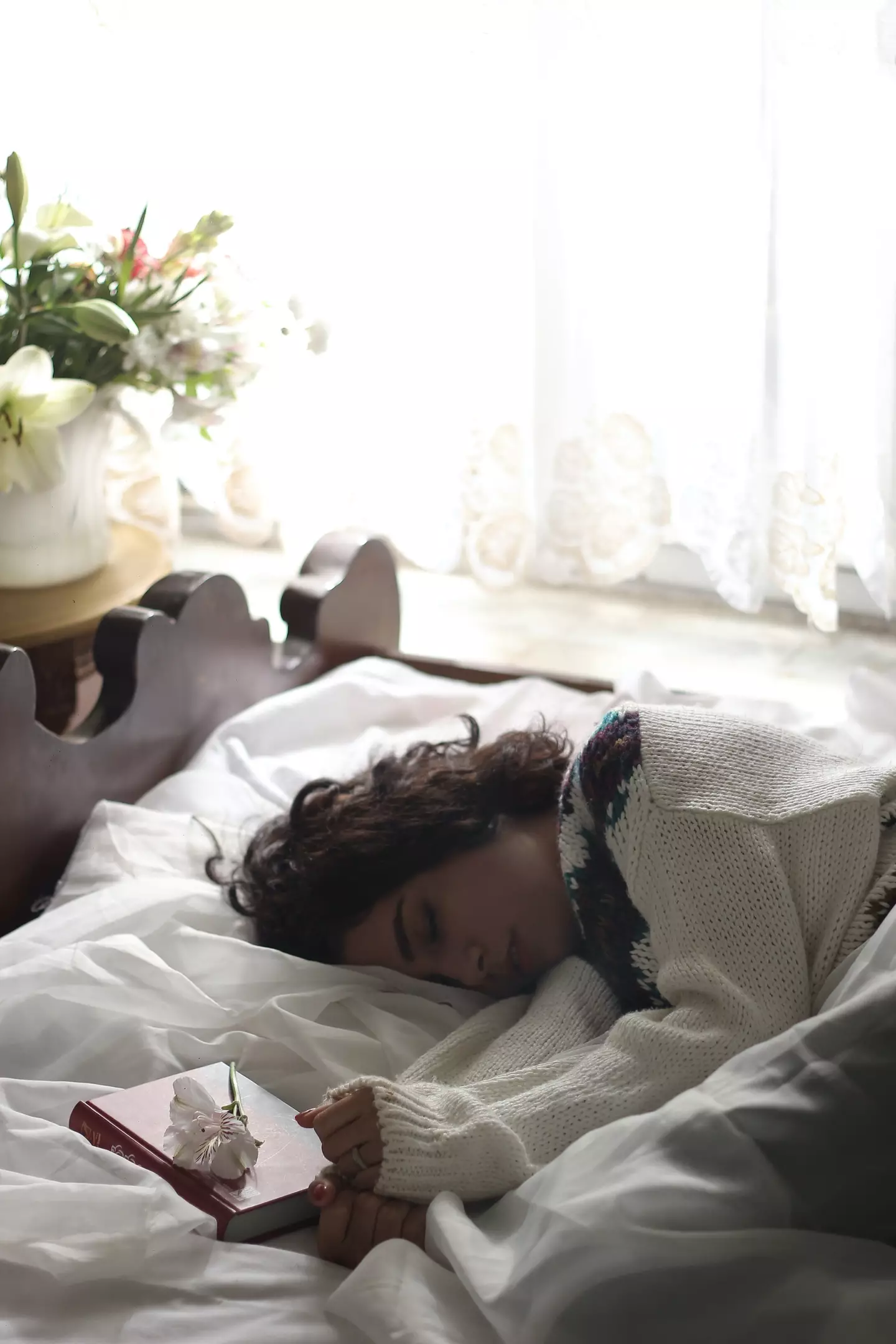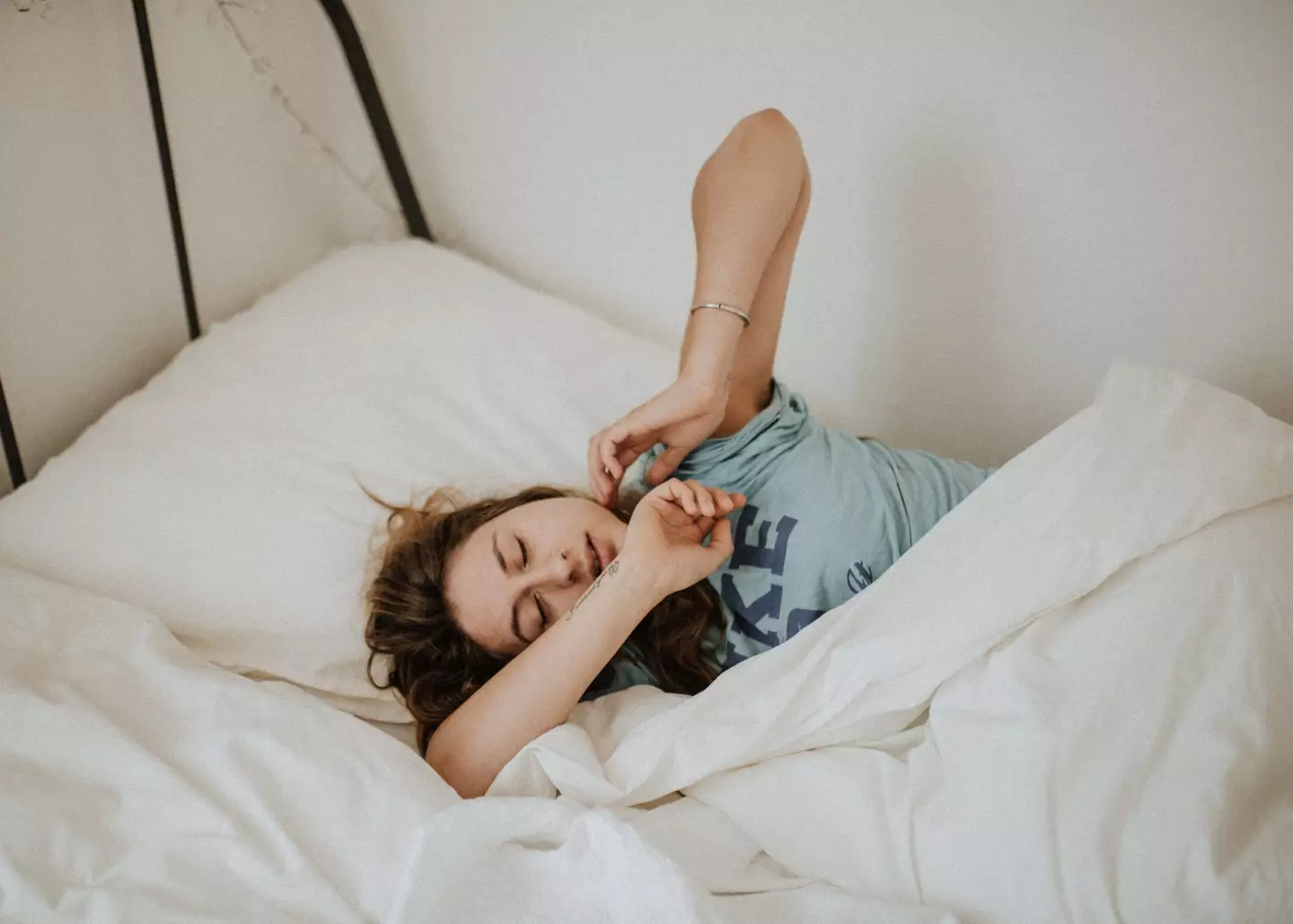
If you’re anything like us, you’ll retire to bed as soon as it’s socially acceptable – but you don’t go to sleep straight away.
Instead, you’re cuddled up under the covers with your laptop on your chest, watching Netflix or scrolling through your socials until you check the time and suddenly, it’s three AM.
.jpg)
Unsurprisingly, these late night scrolling sessions are not beneficial for our wellbeing – and now, scientists have discovered there’s an ‘optimal bedtime’ that we should abide by if we want to keep healthy.
Advert
The team behind the UK Biobank believe the best time to head off to the land of nod is between 10pm and 11pm, after studying a sample of 88,000 volunteers.
Falling asleep at this time helps to ‘synchronise’ sleep with our internal body clock – and could potentially explain the link between the reduced risk of heart attacks and strokes.
It could even have a knock-on effect with reducing our blood pressure too.

The study, which took place over six years, saw researchers collect data by giving a wristwatch device to the volunteers.
Advert
Researchers then checked the heart and circulatory health of the volunteers regularly and monitored their results.
Of the 88,000 volunteers, 3000 developed cardiovascular disease – with the vast majority of these cases occurring on volunteers who went to bed well after or before the optimum time of 10pm and 11pm.
The study found the link was still evident even when factors such as sleep duration and irregularity were adjusted. Other potential triggers, such as age, heart risk, weight and cholesterol levels, were also catered for.
While the results look promising, study author Dr David Plans, from the University of Exeter, said the study cannot with certainty prove cause and effect.

“While we cannot conclude causation from our study, the results suggest that early or late bedtimes may be more likely to disrupt the body clock, with adverse consequences for cardiovascular health,” he said.
Advert
"The riskiest time was after midnight, potentially because it may reduce the likelihood of seeing morning light, which resets the body clock."
Regina Giblin, senior cardiac nurse at the British Heart Foundation, added: "This large study suggests that going to sleep between 10 and 11pm could be the sweet spot for most people to keep their heart healthy long-term.

"However, it's important to remember that this study can only show an association and can't prove cause and effect. More research is needed into sleep timing and duration as a risk factor for heart and circulatory diseases.
Advert
“It's also important to look at your lifestyle as knowing your numbers such as blood pressure and cholesterol levels, maintaining a healthy weight and exercising regularly, cutting down on salt and alcohol intake, and eating a balanced diet can also help to keep your heart healthy.”
Looks like we’re heading to bed at 10pm tonight…
Featured Image Credit: Unsplash